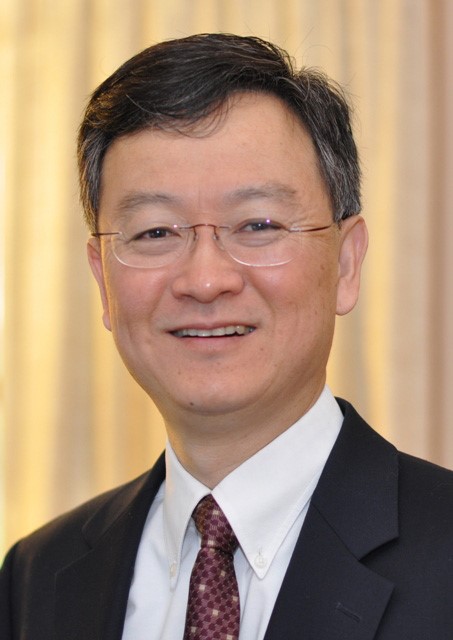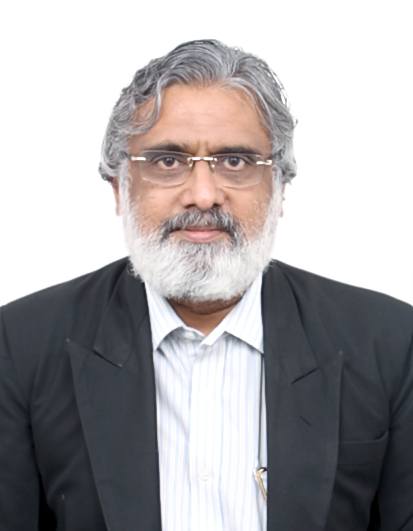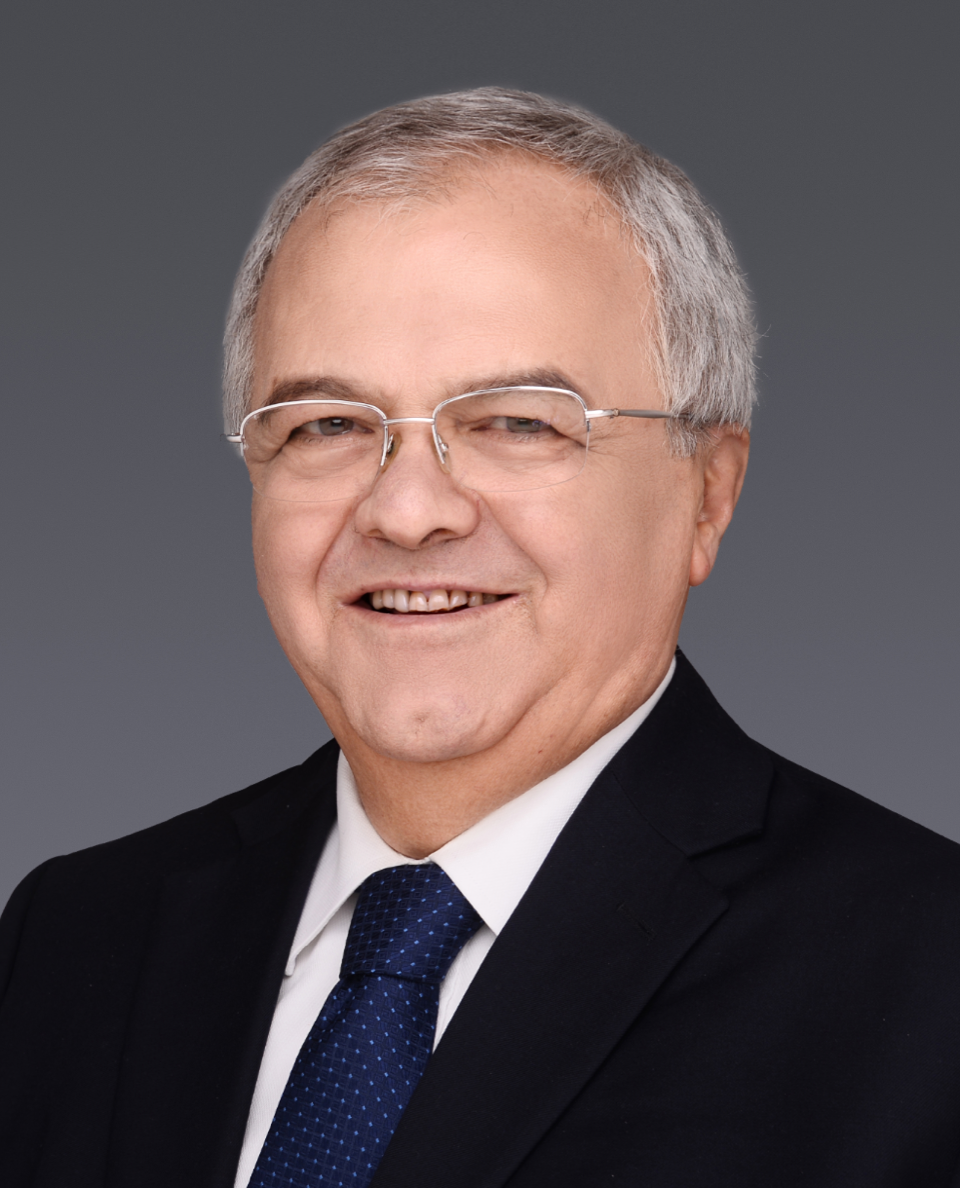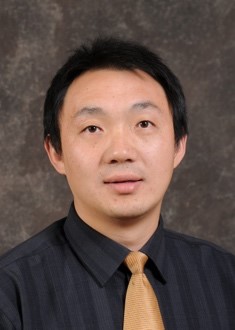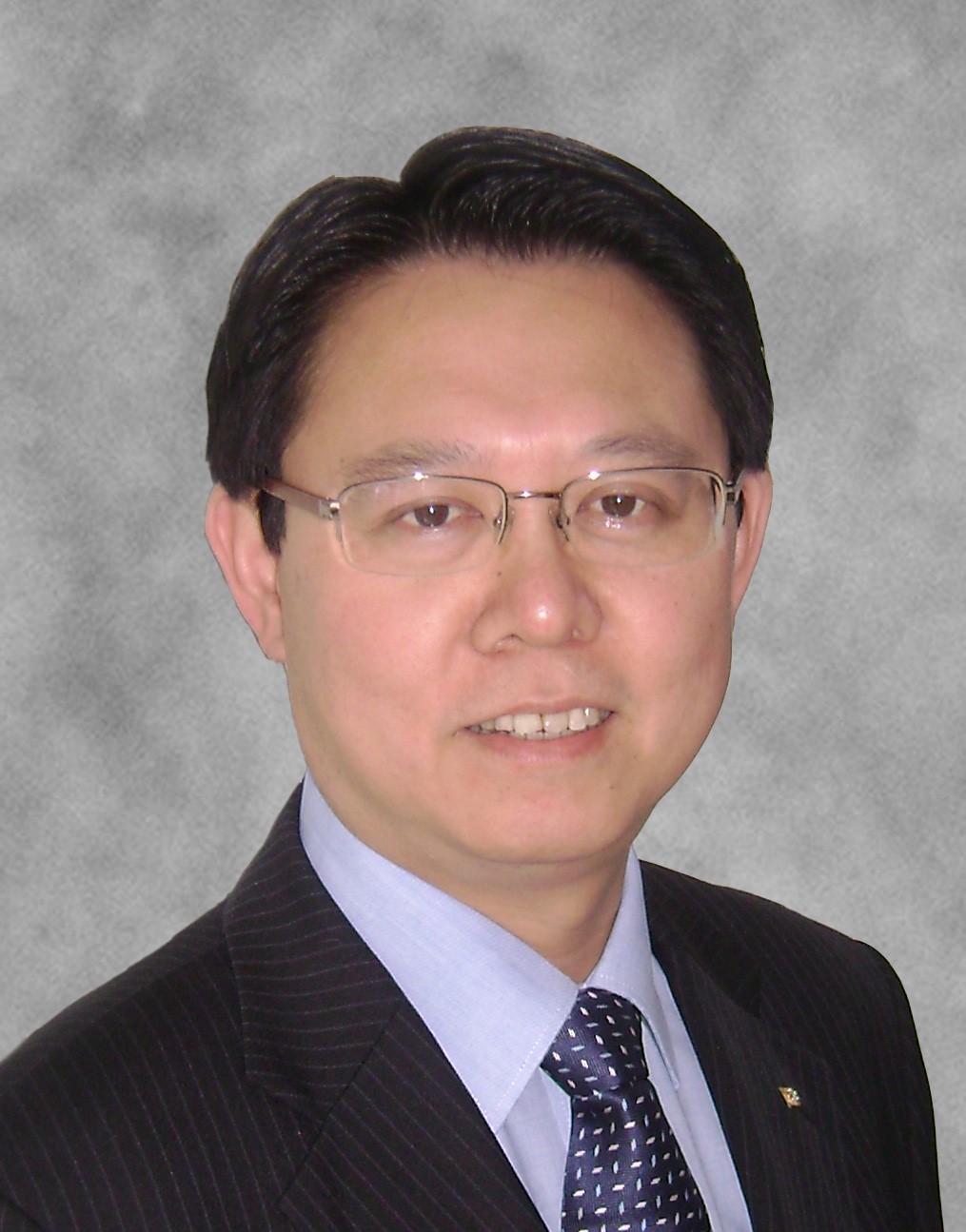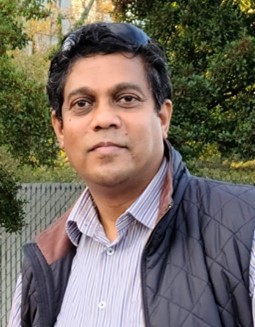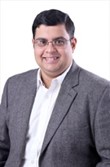Distinguished Lecturers Program
Purpose
The purpose of the DL program is to strengthen the IES chapters worldwide, and enhance IES membership involvement through interaction with IES professionals who are leading experts in their field of expertise. The programs provided by the Distinguished Lecturers are also open to the regional industry and young professionals in the area.
General Program Policy
The Distinguished Lecturers (DLs) are normally IES members who are IEEE Fellows from throughout the world whose documented technical activities are IES-centric and who are well-known outstanding professionals and recognized experts in their field of interest. The IES leadership allocates money each year to support the program, which covers only economy class travel expenses to/from the lecture venue. All local expenses must be covered by the IES chapter. The chapter should endeavor to ensure that the Distinguished Lecturer is able to interact with as many IES members and other professionals as possible during each trip, and the DL’s scheduled lecture(s), when possible, should include a short presentation on the wide spectrum of the Society’s numerous professional activities. Within a month of the lecture, a report detailing the visit, complete with financial invoices, must be sent to the DL Program Chair and the IES Treasurer. In addition, a short technical report including photographs, which document the visit, should be sent to the Editor of the IES Magazine, as well as the DL Chair for AdCom reporting requirements. A recorded video of the DL (within one hour in length) without the questions and answering period should be sent to the multimedia team after the event.
The DL Request Procedure
IES Chapters interested in taking advantage of the DL Program must adhere to the following procedure, which is a joint effort between the requesting chapter and the Distinguished Lecturer.
The chapter must contact the specific DL and both agree to request funding for a visit. The chapter must then send a letter to the DL Program Chair, at least two months in advance of the visit, formally requesting the lecture(s) including the date(s), venue and the expected number of IES and other professionals the Distinguished Lecturer may interact with during the trip. In addition, the letter should include a statement certifying that the chapter will cover all local expenses.
The Distinguished Lecturer must provide the DL Program Chair the Title of the talk and the approximate cost of economy class travel to/from the lecture venue.
The DL Program Chair will be responsible for approving or disapproving the request in a timely manner. A request form is required to be submitted at least two months before the event and a follow-up form is required to submit within one month after the event. The DL Program Chair will send the forms once a letter of intent is received.
The Distinguished Lecture Committee
The Distinguished Lecture committee consists of the following individuals
- Ya-Jun Pan - Chair
- Dave Irwin
- Kamal Al–Haddad
- Xinghuo Yu
- Mo-Yuen Chow
- K. Gopakumar
The Distinguished Lecture List
The program is administered by the DL Program Chair
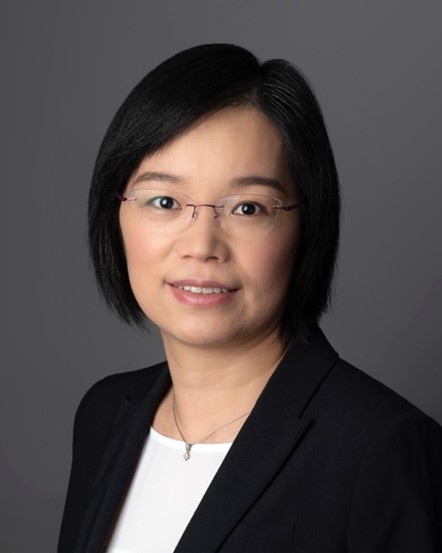
Prof. Ya-Jun Pan
Past DL Program Chair
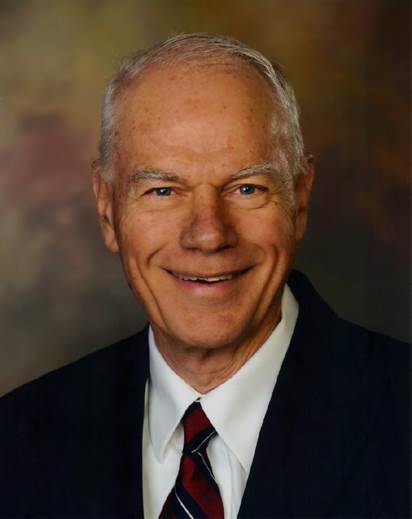
Prof. David Irwin, Life Fellow
As indicated in the General Program Policy statement, the list of potential Distinguished Lecturers is quite large. However, a partial listing of Distinguished Lecturers, who have provided lectures in the recent past, is shown below.
| Photograph and Contact | Lecture topics |
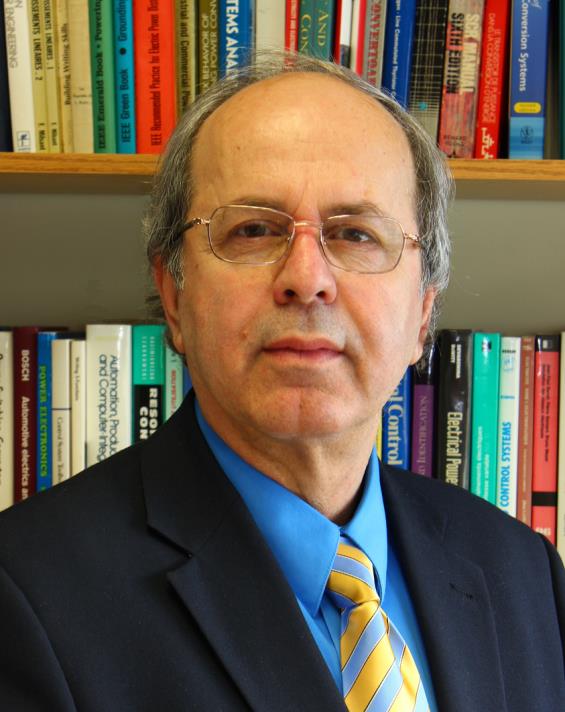 Prof. Kamal Al-Haddad, Fellow, IEEE |
|
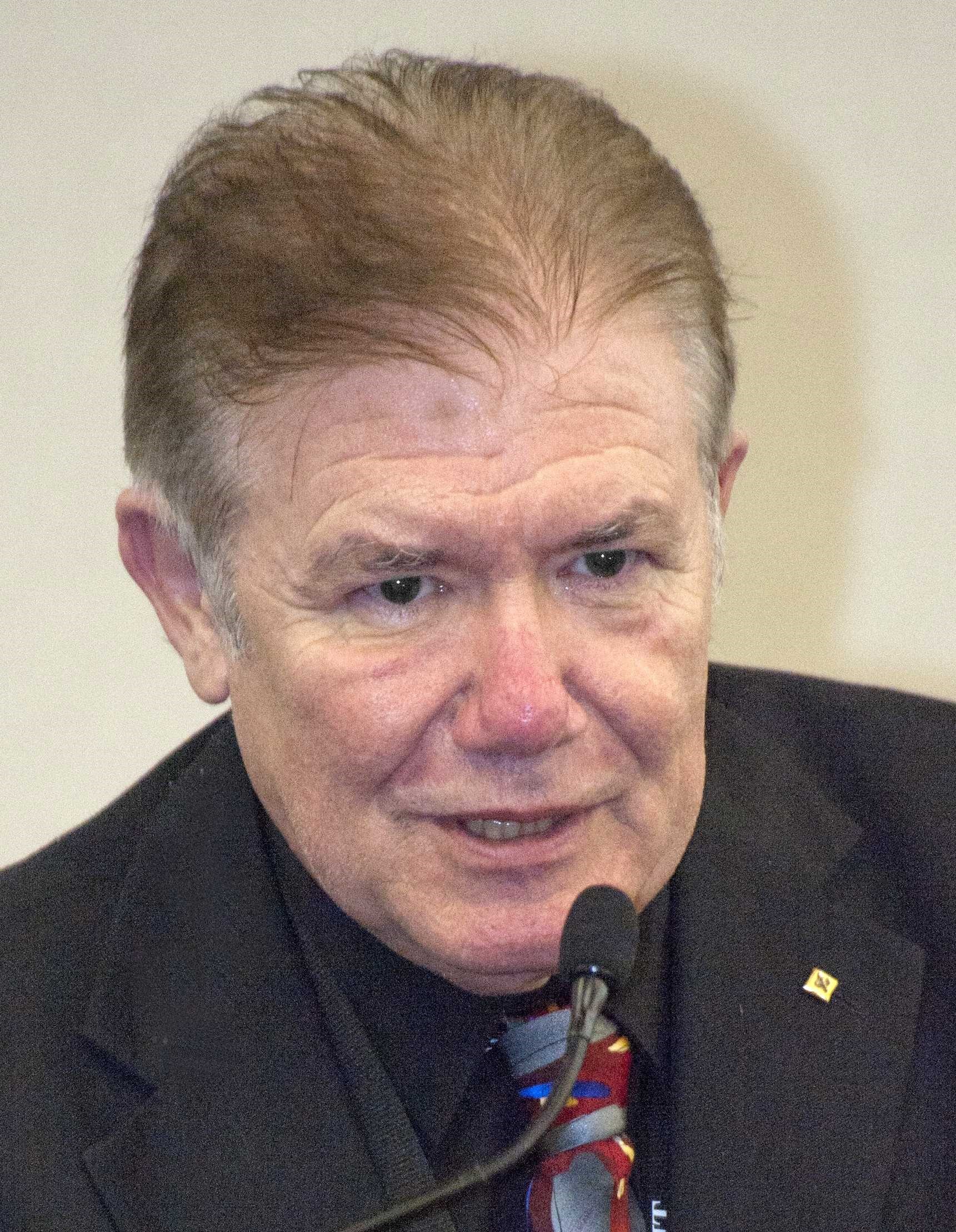 Prof. Gerard-Andre Capolino, Fellow, IEEE |
|
|
|
|
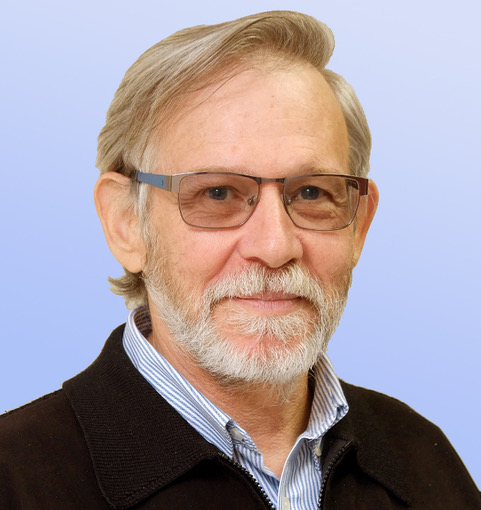 Prof. Leopoldo Garcia Franquelo, Life Fellow, IEEE |
|
|
|
|
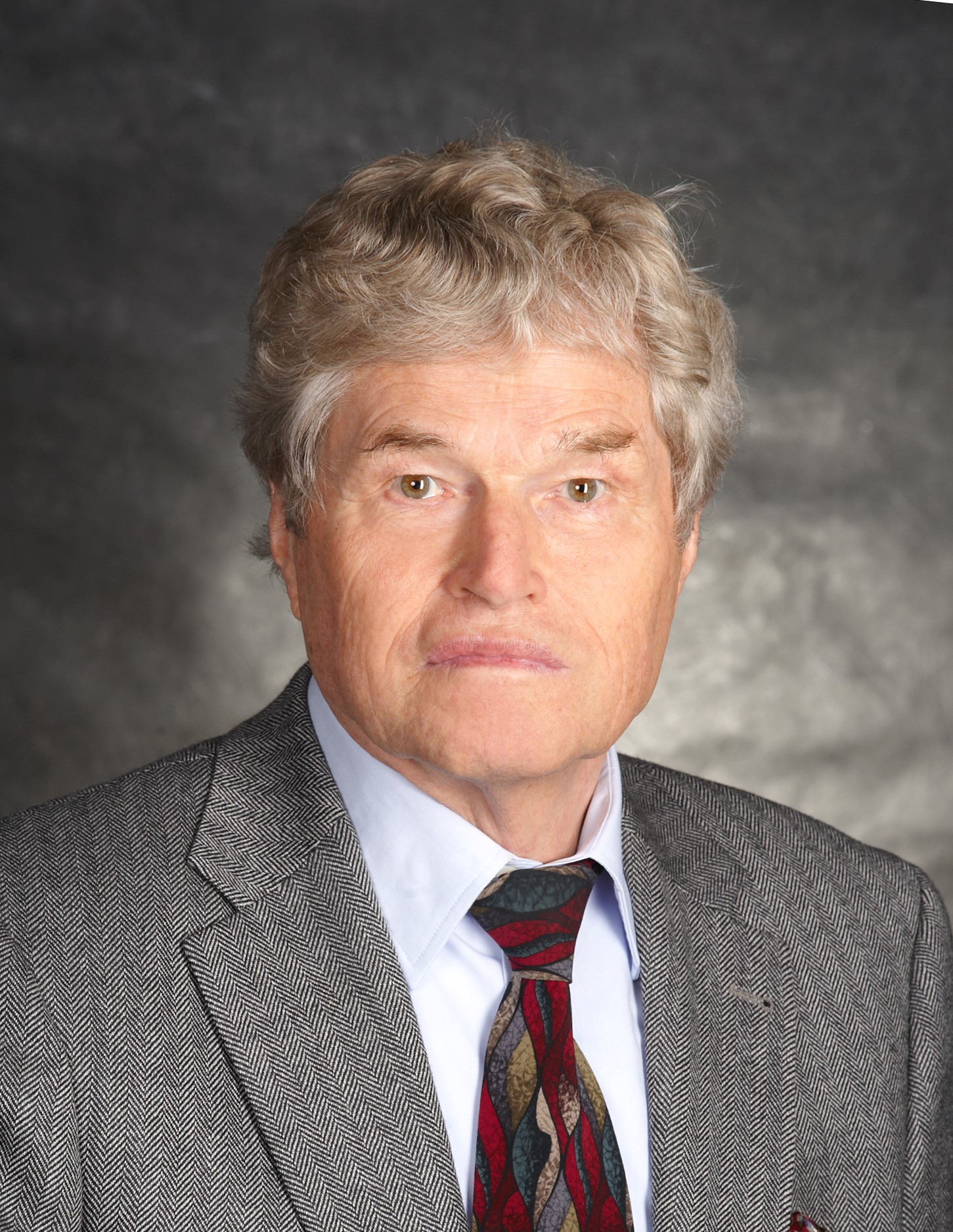 Prof. Joachim Holtz, Life Fellow, IEEE |
|
|
Prof. Okyay Kaynak, Life Fellow, IEEE |
|
|
Prof. Yang Shi, Fellow, IEEE |
|
|
|
|
|
Prof. Kumar Venayagamoorthy, Fellow, IEEE |
|
|
Prof. Sheldon Williamson, Fellow, IEEE |
|


